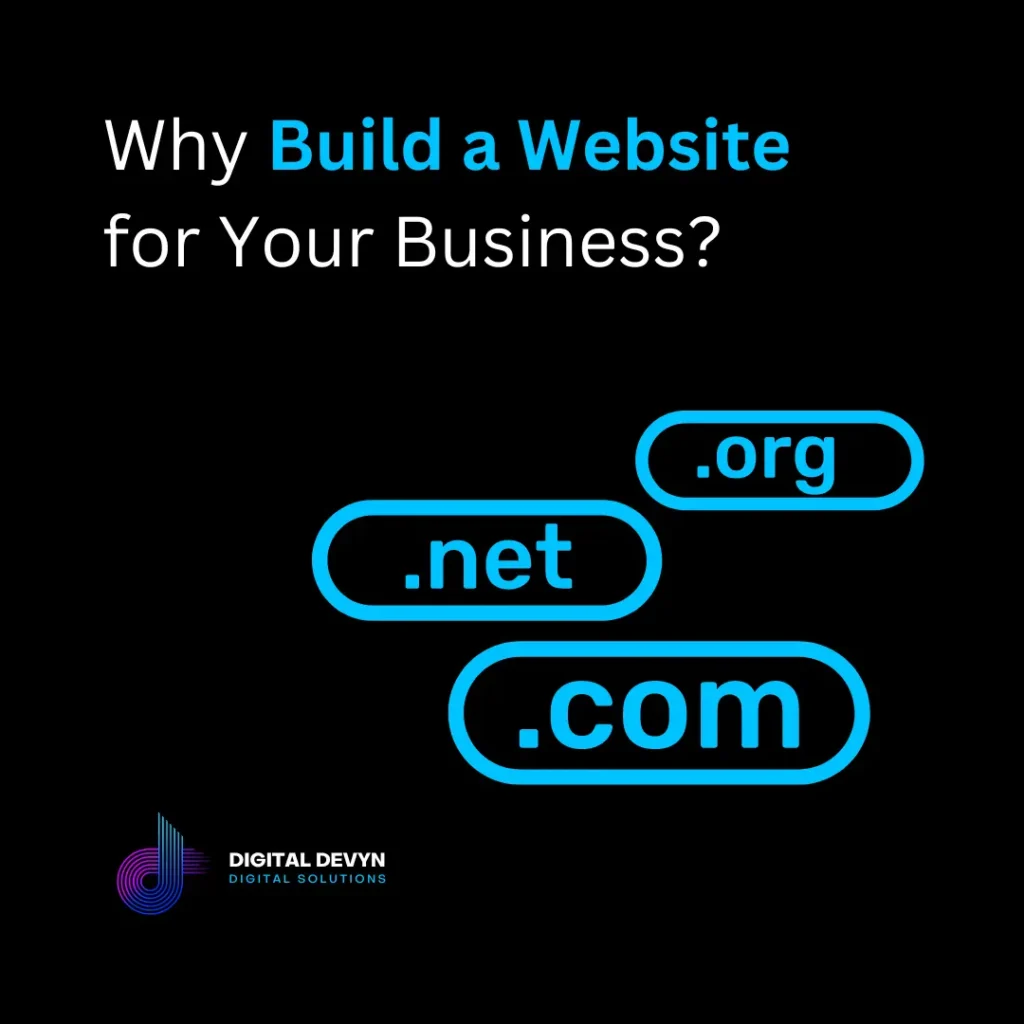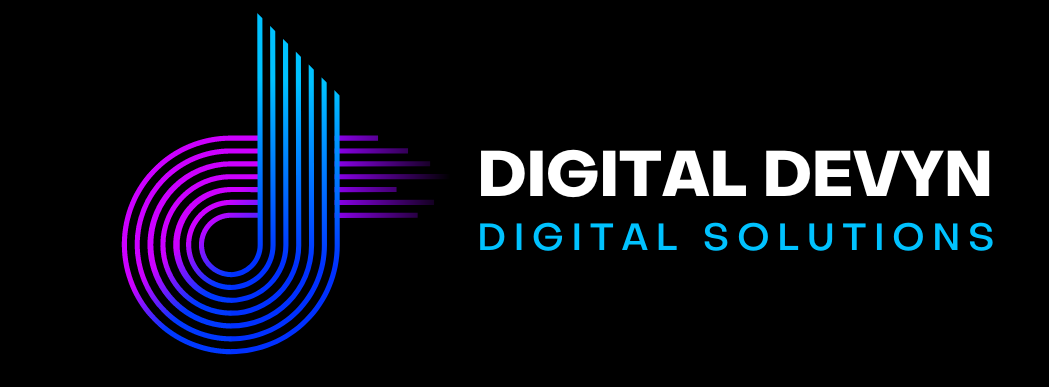Why Build a Website for Your Business?
WebDev 101 Why Build a Website for Your Business? Did you know that over 85% of consumers research products and services online before making a purchase? In today’s digital age, having a website is no longer a luxury for businesses – it’s a necessity. Whether you run a restaurant, a plumbing service, a consulting firm, or even showcase your art, a website is your online storefront, open 24/7 for potential customers to discover what you offer. However, managing social media effectively can be a complex and time-consuming task. Businesses often face challenges like creating engaging content, keeping up with the latest trends, and responding to customer inquiries in a timely manner. Hire Web Developer NOW > Key Takeaways Credibility and Visibility: A website makes your business look professional and trustworthy, attracting new customers who can find you easily online. 24/7 Availability and Showcase: Your website acts as a digital storefront, always open for customers to browse your offerings and learn more about you. Improved Communication and Relationships: A website allows easy contact and engagement with potential customers through forms, email, social media, and valuable content. Cost-Effective Marketing and Data-Driven Decisions: Websites are a cost-effective way to reach a broad audience and provide valuable data to understand your customers and improve your marketing strategies. Competitive Advantage: Having a professional website positions you ahead of competitors who lack an online presence. Easy Website Creation and Maintenance: There are user-friendly website builder platforms with affordable plans, making website creation and maintenance manageable for businesses of all sizes. Define Your Needs Before Diving In: In today’s digital world, having a website is essential for any business, regardless of size or industry. Here’s why: Credibility and Trust: A professional website establishes your business as legitimate and trustworthy, giving potential customers confidence in your brand. Increased Visibility: A website makes your business discoverable online through search engines, attracting new customers who are actively searching for what you offer. 24/7 Availability: Your website acts as a digital storefront, accessible to potential customers anytime, anywhere. They can browse your offerings and contact you at their convenience. Showcase Your Products or Services: Provide detailed information and high-quality images about your products or services, allowing customers to learn more about what you have to offer before making a purchase. Improved Communication: A website allows customers to easily contact you through forms, email, or live chat, streamlining communication and providing a better customer experience. Build Relationships: A blog or social media integration on your website fosters customer engagement by allowing you to share valuable content and interact with your audience. Cost-Effective Marketing: Reach a wider audience at a lower cost compared to traditional advertising methods. Utilize your website as a central hub for your marketing efforts. Data and Analytics: Track website traffic and user behavior to understand your audience better. Use this data to improve your website, offerings, and marketing strategies. Competitive Advantage: Stand out from competitors who lack an online presence. Having a professional website demonstrates you’re serious about your business and keeps you ahead of the curve. Getting Started with Your Website Types of Websites: The web offers a variety of website options to suit your needs. Here are two common types: Brochureware Websites: These are digital pamphlets ideal for showcasing information about your business, organization, or portfolio. They typically focus on static content and might include information like your services, team, and contact details. E-commerce Websites: If you’re looking to sell products online, e-commerce websites are the way to go. These websites allow you to create a virtual storefront complete with product listings, shopping carts, and secure payment gateways. Building Your Website: There are two main approaches to building your website: DIY Options: Website Builders: Platforms like Wix and Squarespace offer user-friendly drag-and-drop interfaces that allow you to create a website without needing coding knowledge. These are great options for beginners who want a simple and straightforward website creation process. Content Management Systems (CMS): A CMS like WordPress provides more flexibility and customization compared to website builders. While it might have a slightly steeper learning curve, a CMS gives you more control over the website’s design and functionality. Hiring a Web Developer: For complex websites with unique features or functionalities, consider hiring a professional web developer. A developer can create a custom website tailored to your specific needs and can ensure a high-quality, secure website. Key Website Elements: Here are some essential building blocks for your website: Domain Name: This is your website’s address on the internet. Choose a memorable and relevant name that reflects your brand or offering (e.g., yourbusinessname.com). Web Hosting: Think of web hosting as your website’s storage space. A web hosting service stores your website’s data and makes it accessible to visitors on the internet. Website Design: A user-friendly and visually appealing design is crucial for a positive user experience. This includes a clear layout, easy navigation, and a design that aligns with your brand identity. Content: Fill your website with informative, engaging content that tells your story, educates your visitors, and uses relevant keywords to improve search engine ranking. Call to Action (CTA): A clear CTA tells visitors what you want them to do next, whether it’s contacting you, subscribing to your newsletter, or making a purchase. Common Website Concerns Addressing your concerns about website costs, time commitment, and maintenance. Building a website might seem daunting, but it doesn’t have to be! Let’s address some common concerns: Cost: Websites can range in price depending on your needs. There are free website builders, affordable pre-made templates, and custom development options. Consider your budget and technical expertise. Free and template options are great for getting started, while custom development offers more flexibility. Time Commitment: Building a website can be done quickly or take time, again depending on your approach. Free website builders offer drag-and-drop interfaces for a speedy setup. Pre-made templates require some customization but can be launched faster than custom builds. A custom website offers the most control but has the longest development
Why Build a Website for Your Business? Read More »


